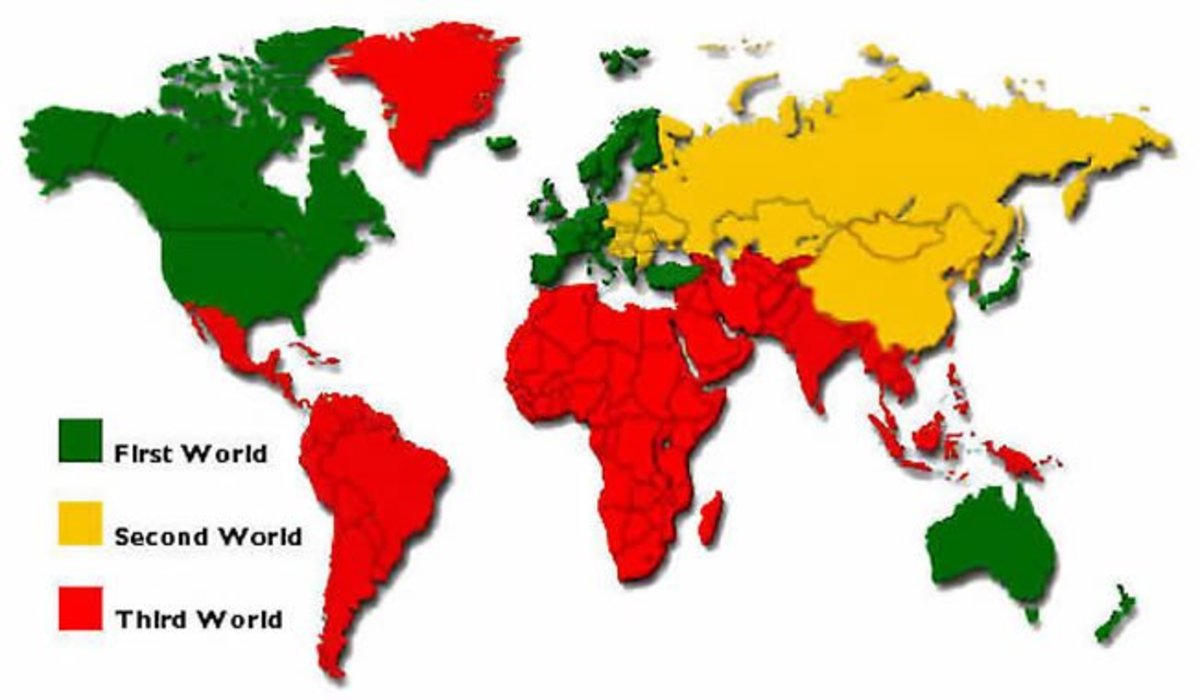The Discourse of the Japanese Translators Discourse Community

“We learn language not to understand the language itself, but to understand the person speaking the language.” (- anonymous)
As with any discourse community, there is a developed language and culture within the community. But what about the language and culture of a discourse community for language and culture? I had been studying Japanese as a second language for about half my life and had only recently considered a career in translation. Curious to know more about the circle of this profession, I interviewed Miss Valarie Thompson, a freelance translator from Colorado Springs, via Skype. She revealed to me a lot of about the world of bi-linguists.
“It takes a lot to be a translator. Most people don’t even realize that translators not only have to know how to use two languages, but they also have to learn the language of other jobs as well,” Miss Thompson told me. She explained that if one were to translate for a business, they must know all of the business terms in both languages. If one were to translate for a hospital, then they must know the language of the medical practice as well. Because translators have to know a lot about the subject they are translating, many of them specialize in one or two areas. In fact, many translators have majors in areas outside of their second language. This makes them familiar in a discourse community other than that of linguists. “Less mistakes are made this way. And you are more effective in the time required to have something translated.” (Thompson)
As the interview progressed, Miss Thompson she some light on the discourse for Japanese translators alone. “Of course you have to know what parts of the sentence are. Like nouns and verbs and whatnot – just like you learned in elementary school. But you should also know Nihon-ified [Japanese-like] parts too.” (Thompson) She explained the translators often look to each other for help and advice, and when asking for help you should be able to use ‘Nihon-ified’ words (such as ‘suru verbs’, ‘i-adjectives’ and ‘na-adjectives’) to let the other translators know what you are asking.
As with every career path, there are bound to be surprises and challenges along the way. The biggest challenge Miss Thompson describes is the subtleties that are natural in the Japanese language. Due to the cultural differences, there are many words that do not have a direct meaning in English. The Japanese have sentence particles that convey hidden feelings and meanings that are near impossible to translate without a little imagination. “You would be surprised at how much doesn’t translate into English at all!” she exclaimed.
Every language changes with time. Sometimes slang is developed, modern references change, terms are added or taken out of the discourse, and the like. To keep up with the changing times, Miss Thompson reads a lot of magazines and news articles in both English and Japanese. This helps her keep up with the discourse of the business world. Whenever there is a business or Japanese language panels, she does her best to attend. On occasion she teaches these panels as well. “For everything else,” she says with a laugh, “There is TV and radio!”
By the end of the interview I had an all new respect for translators. The amount of knowledge they must retain alone amounts to much more than that of most careers, not to mention the persistence it takes to stay knowledgeable. It takes a strand of creativity as well as a mastery of languages to make things in Japanese make sense to an English audience. The community of translators is an ideal example of “being at once part of several communities and yet never wholly a member of one” (Harris, pg 11).
If anything, this interview has strengthened my resolve to become part of this wonderful little community. However, I saw that I had to look into a secondary discourse community to specialize in. After quite a bit of research and self-searching over the past few weeks, I realized that I enjoy learning about people, but I do not enjoy being with people.
The answer to this problem I found from a line in Sorrell’s Stories in the Nursing Classroom, “Stories may be able to cross individual, cultural, and educational differences more powerfully than other types of information” (pg 39). A person’s style of writing and the types of things they choose to write about reveal a lot about the person who wrote it. With this in mind, I have been considering a translating career in book publishing.
In order to achieve this career path, I have noticed the importance of learning various styles of writing. This includes styles I am already comfortable with and styles that I would have never dreamed of using before now. In every academic class there is a different discourse that requires a different style, and with a little persistence and will power, I may be able to get a taste of these styles before I have to “go native” as Bizelle suggests (“Foundationalism” 53 ).
Works Cited
Bizzell, Patricia. "Foundationalism and Anti-Foundationalism in Composition Studies." Prel Text 7 (Spring/Summer 1986): 37-57
Harris, Joseph. “The Idea of Community in the Study of Writing.” College Composition Communication 40.1 (1989). Print.
Sorrel, Jeanne.Stories in the Nursing Classroom: Writing and Learning through Stories. Print.
Thompson, Valarie. Personal interview. 23 Feb. 2012








